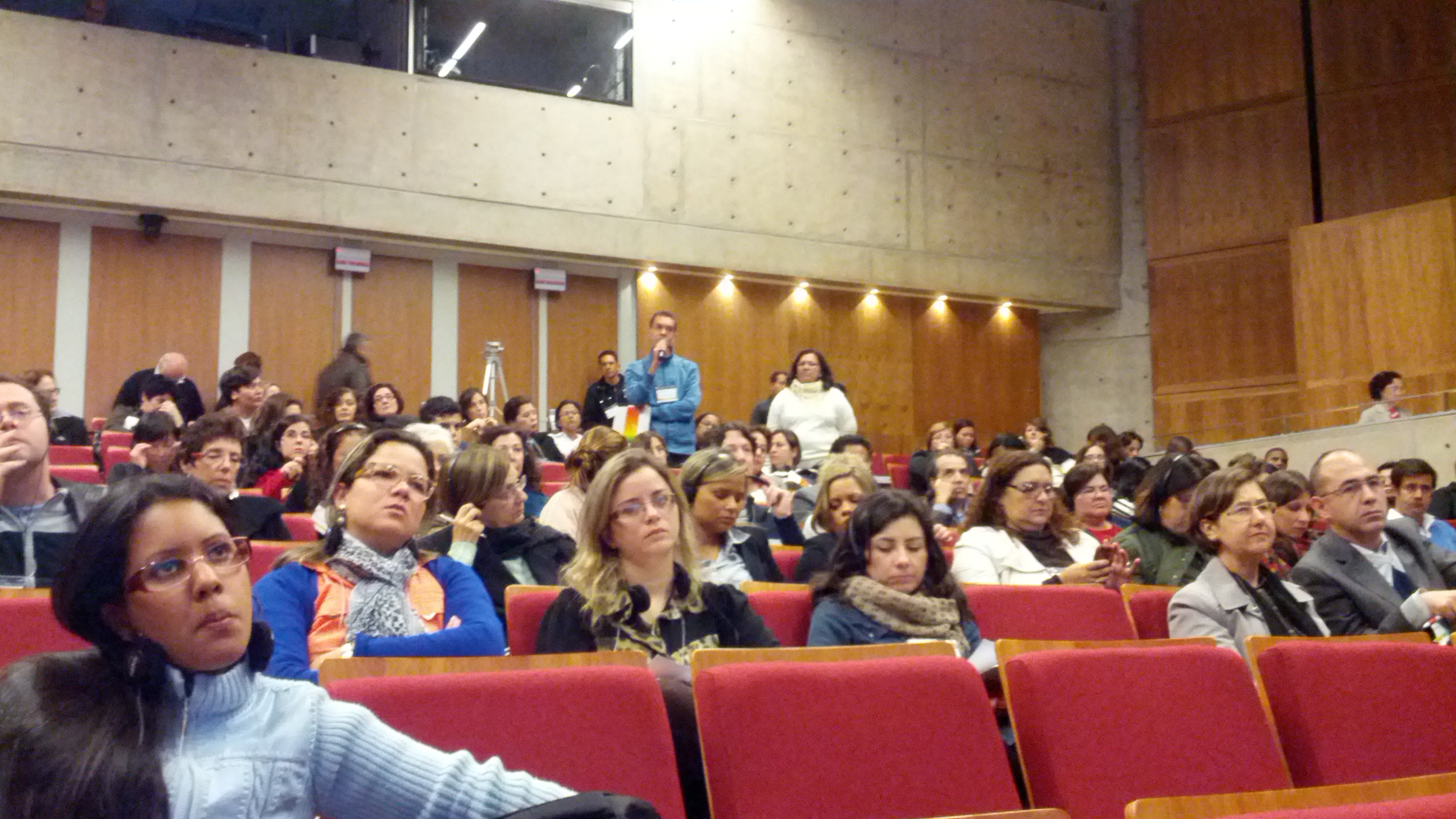4th CONFOA
Updated in 2013/11/04: Some of the slides are available at slideshare.
Note: The opinion in this post aren’t from the work group in Open Science as a hole.
In 6th and 7th of October happen the 4th CONFOA (Portuguese-Brazilian conference about Open Access) from it I would like to rise three topics to debate.
The conference have lots of presentations about open access, open data, institutional repository, copyright, …, but I can only remember of TWO presentations that the slides have a free license:
- Disponibilidad en acesso aberto de la produccion científica de los países de África lusófona. Martins Fernando Cuambe and Gema Bueno de la Fuente.
- Cross-Ref, DOI (Digital Object Identifier) e serviços: Estudo comparativo luso-brasileiro. Edilson Damasio.
So presentations are one type of content that should NOT be open?
From the Budapest recommendations we have the following definition of open access (boldface from the author of this post):
By “open access” to [peer-reviewed research literature], we mean its free availability on the public internet, permitting any users to read, download, copy, distribute, print, search, or link to the full texts of these articles, crawl them for indexing, pass them as data to software, or use them for any other lawful purpose, without financial, legal, or technical barrier other than those inseparable from gaining access to the internet itself. The only constraint on reproduction and distribution, and the only role for copyright in this domains, should be to give authors control over the integrity of their work and the right to be properly acknowledged and cited.
In Brazil, most of the called “open” documents ONLY permit the reading. In my humble opinion, we must start calling this type of document “free beer” access to avoid misunderstandings.
Here in Brazil, people like to use the Creative Commons licenses with the noncommercial clause. I asked Marcos Alves de Souza from brazilian’s ‘Ministério da Cultura” for a definition of noncommercial use and he say that it doesn’t exist. So in my humble opinion, once we can’t make clear what is noncommercial we should stop using the noncommercial clause of Creative Commons because the use of this clause only slow the innovation as say, many times, in the conference.

